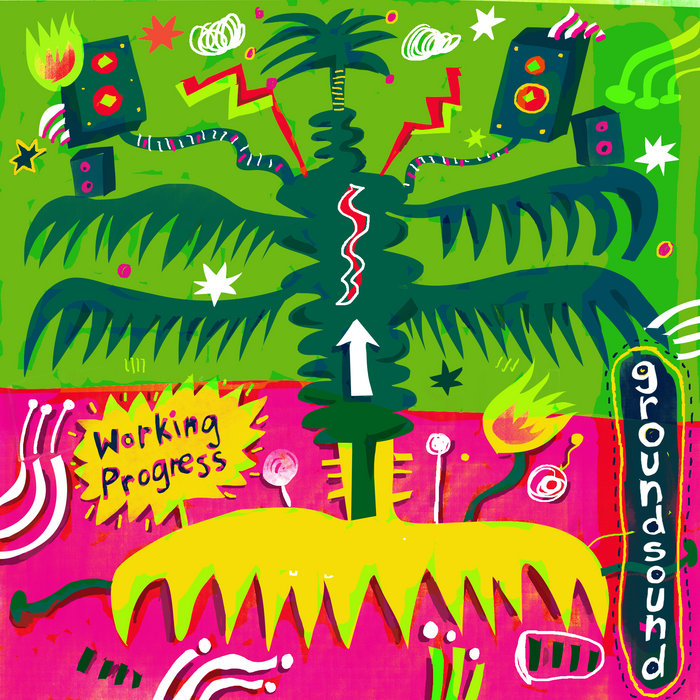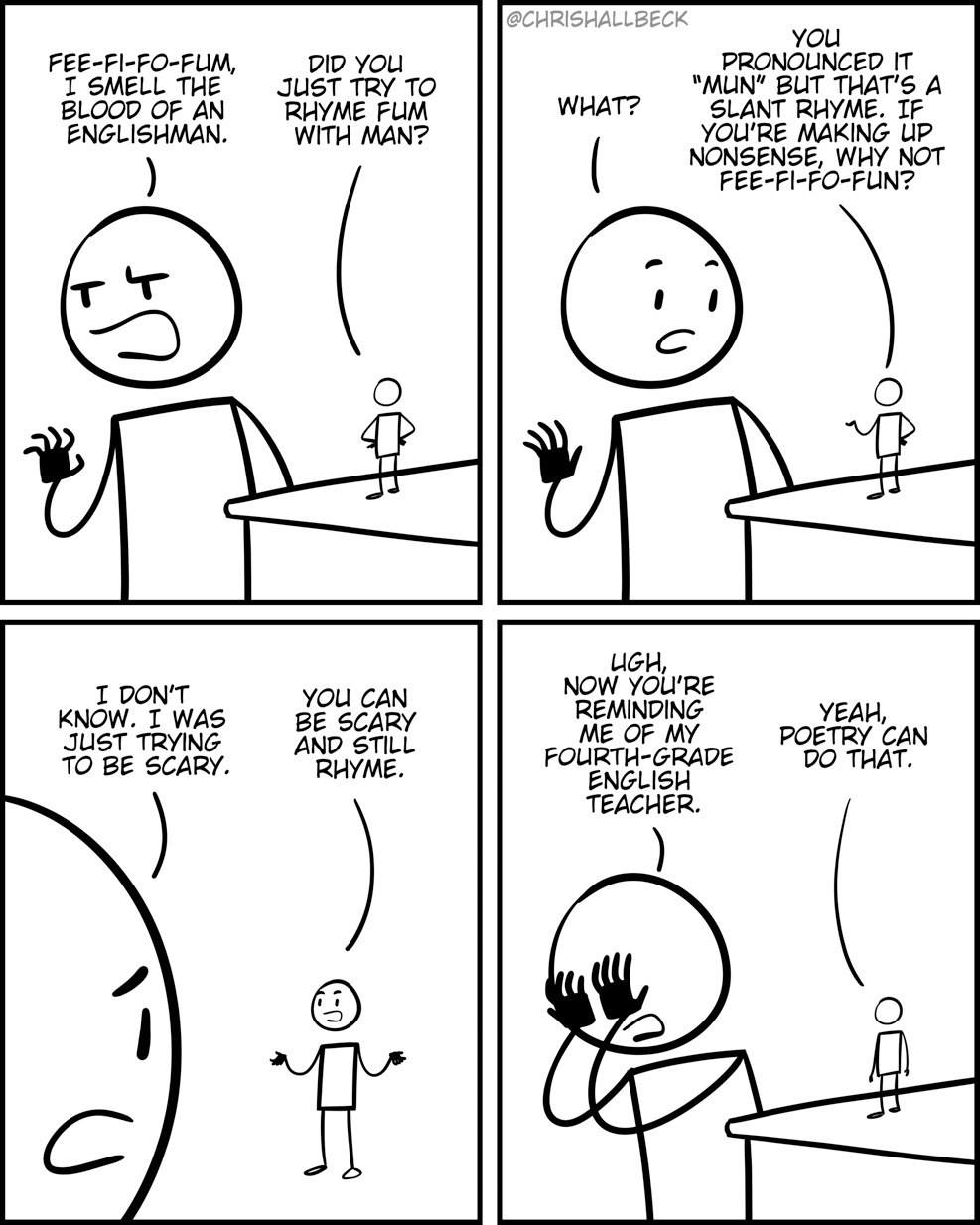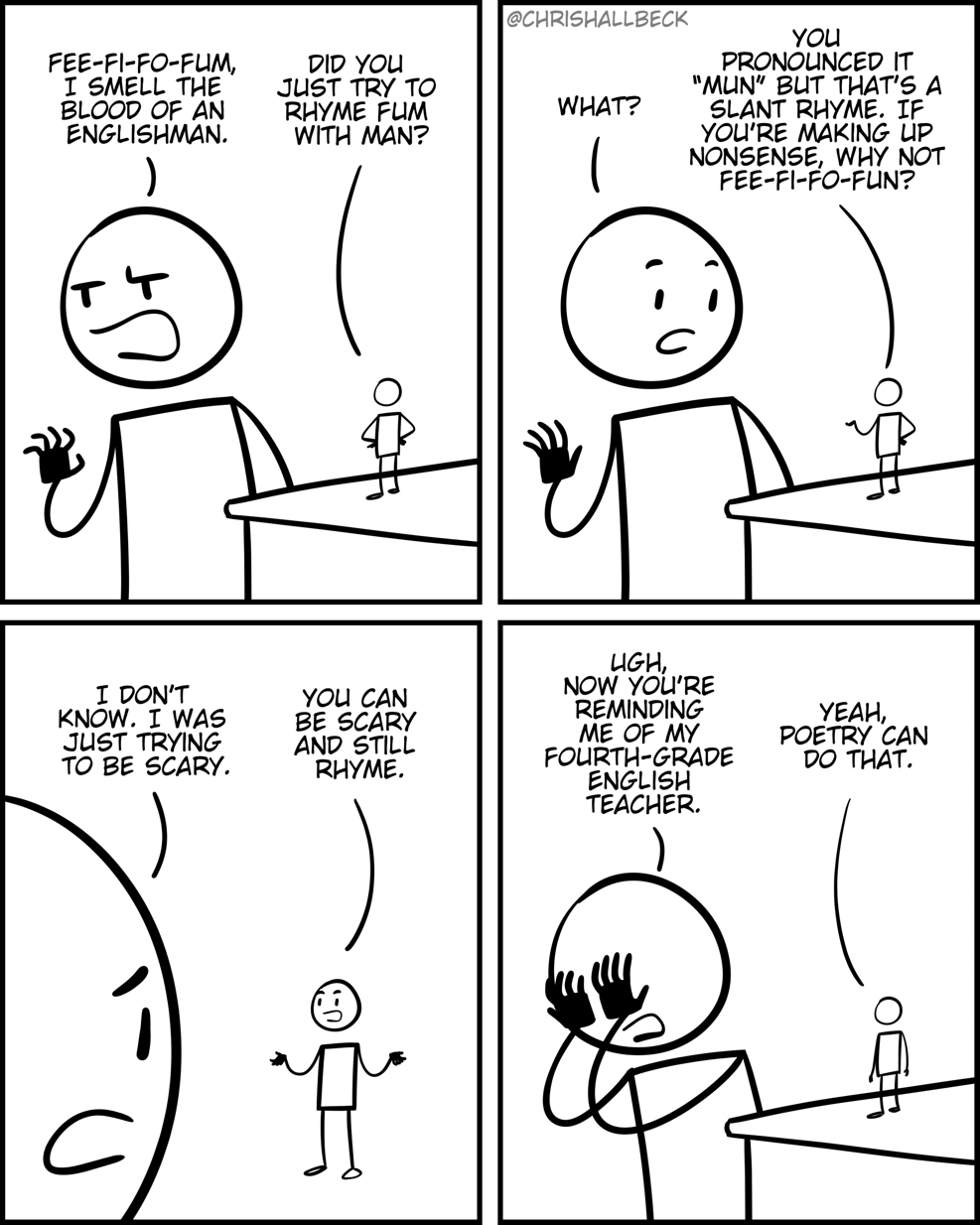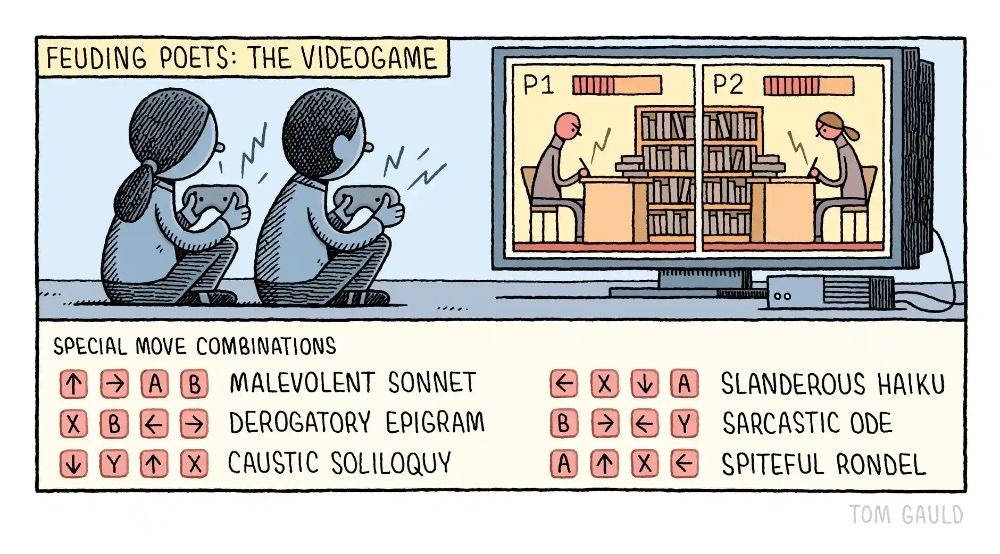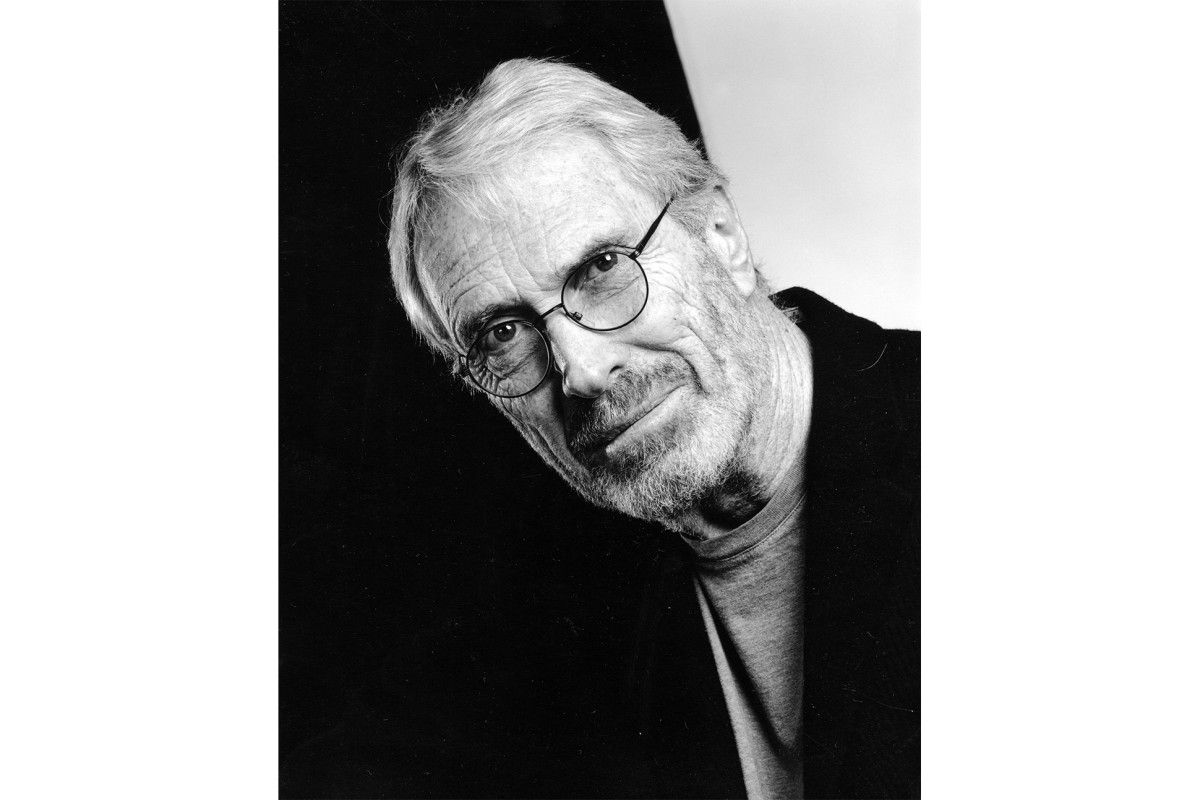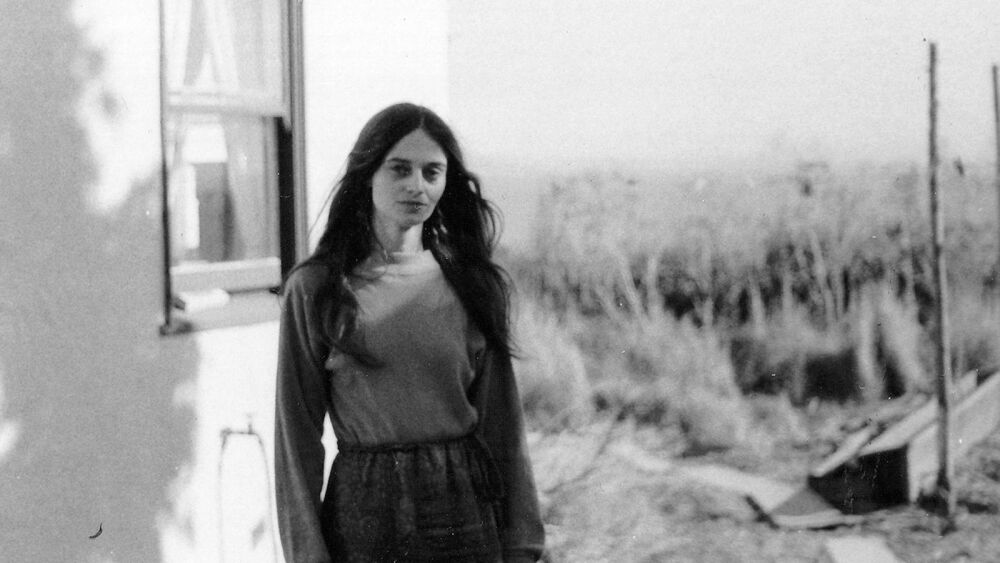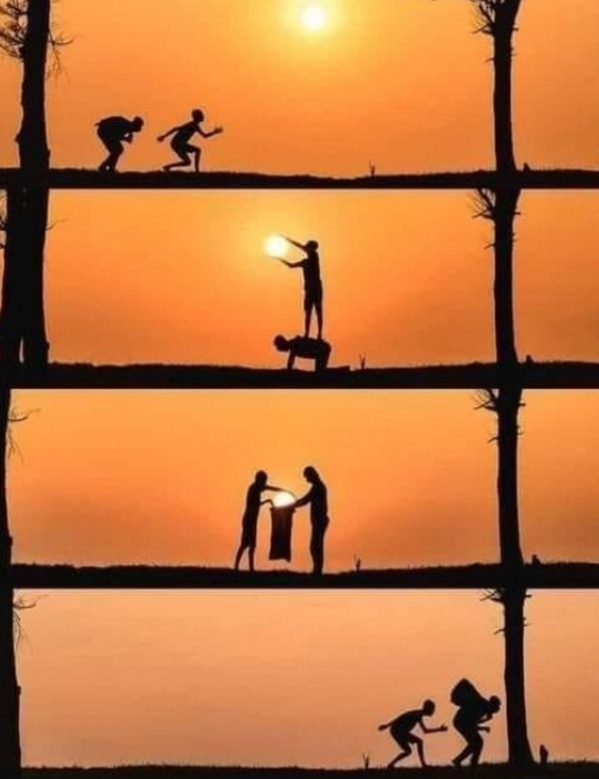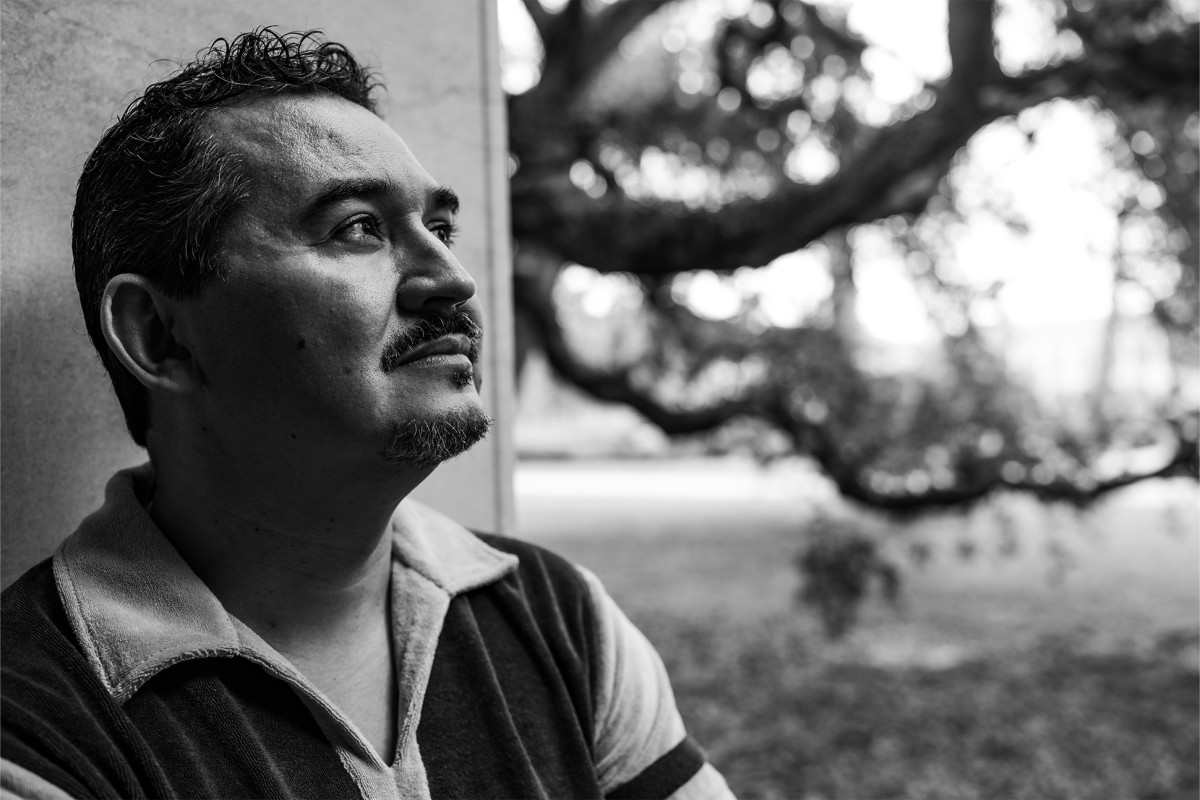Stunt Double
By Tomás Q. Morín
In this life, there are stars
and there are stunt doubles.
Before I became one of those fathers
obsessed with memorizing his lines,
making peace with the Big Director
in the sky who doesn’t like ad libs,
before all that, I was the star
of my own low-budget soap opera.
Once, my brother and I pushed a car
while my mother started it.
She had a recurring role as Single Mexican Mom.
Once, I was so hungry for candy
that I ate half a bag
of unsweetened coconut flakes.
Once, my father was cast as twins
for a few seasons.
In one scene, he played Tall Dark & Handsome,
a bricklayer with smoldering eyes.
A few scenes later, he was alone,
in a white t-shirt, still a heartthrob,
but a heartthrob cooking heroin
as Generic Drug Addict #1.
Once, I forgot my father was not actually a twin.
Now, I play Funny College Professor
who teaches students how to write poems.
But never fear, my son,
I haven’t forgotten all my training.
The most important skill
a stunt double must possess is knowing
how to fall safely.
I’ve fallen into poverty.
Fallen into love.
Fallen into money.
Fallen out of love.
Fallen into jail.
Fallen into hunger.
Fallen into fairy tales.
Fallen into plunder.
Fallen into trauma.
Fallen into hate.
Fallen into drama.
Fallen into, wait,
there’s a story of neighbors
in our home for a dinner party
that we never told you.
Casual Racist White Man said,
“We have a half-breed running back
that’s dynamite on the team.”
If I had not been in your room,
falling asleep with you,
then that’s checkmate. That’s rancor.
That’s malice. That’s ill will
on an ill wind. That’s venom.
That’s justice. That’s blood. That’s get
the fuck out of my house,
the house where number block 7
is the luckiest number block
in Number Land,
the house with the green sofa
in front of the windows where
every time I sit and read Interior Chinatown
I swear it is the best novel ever written.
In this life, there are stars
and there are stunt doubles.
I would fall off a cliff for you
a thousand times and call it a good day.
When I see people celebrate in the park,
I remember the early years.
I can see Jennifer and her partner
kicking a ball with you
at my work’s holiday party, just before Jennifer says,
“He has the most gentle high five ever.”
It was the golden hour then, like it is now.
I still linger too long over the Windmill Cookies
on the craft table while you rehearse your lines.
Seven plus three equals.
Six plus four equals.
Five plus five equals.
When the end credits roll up on my days,
I really just want someone to say he never flinched
and that no animals were harmed
in the making of this life.
https://www.poetryfoundation.org/poetrymagazine/poems/162008/stunt-double
#poem #poetry #literature



